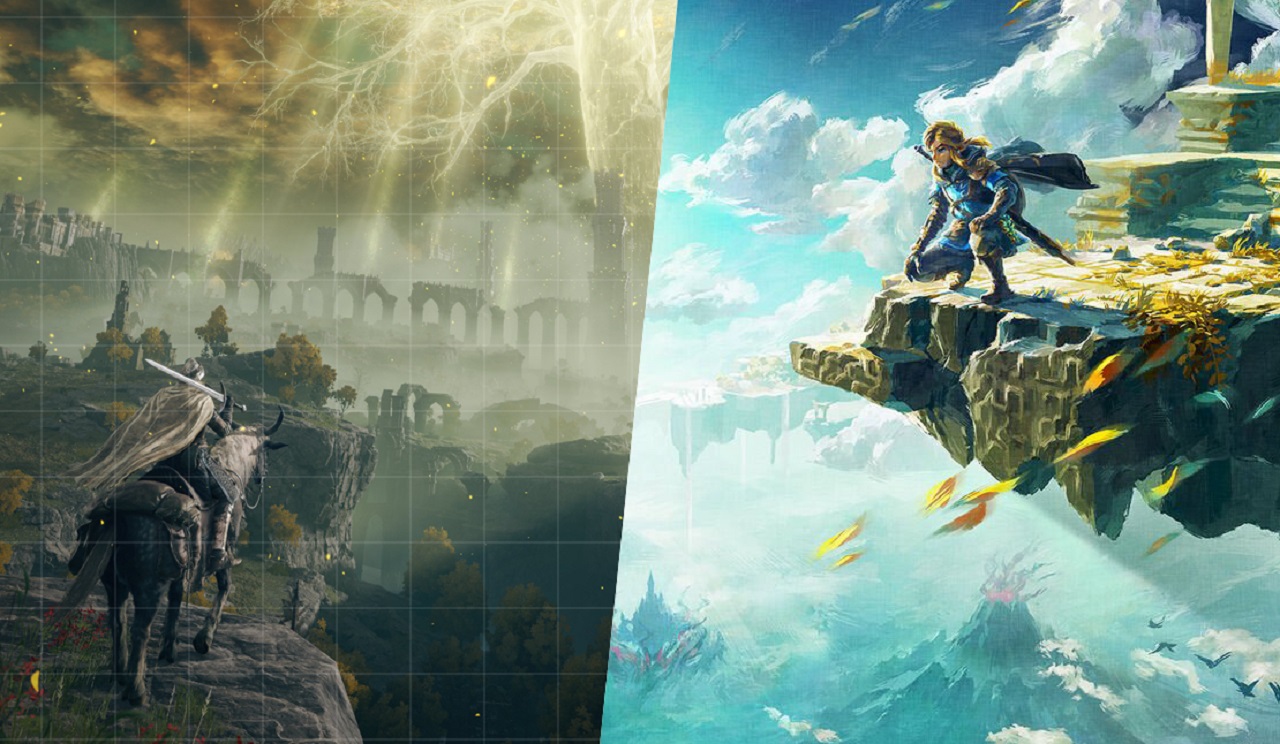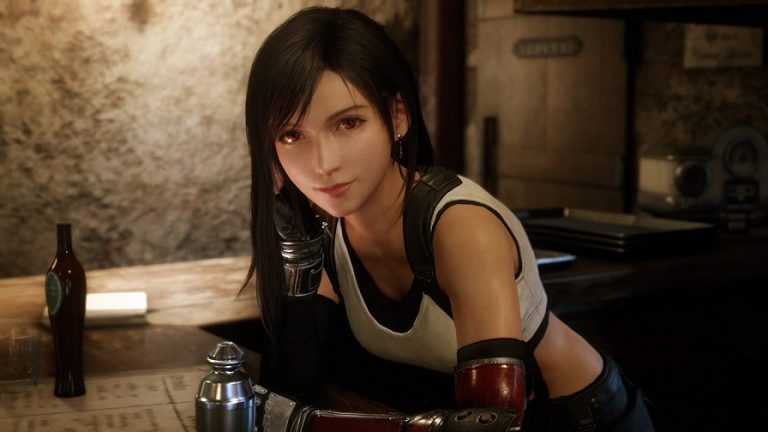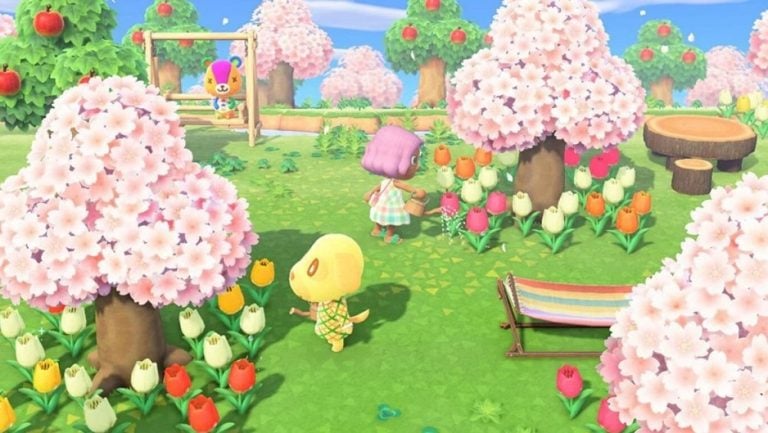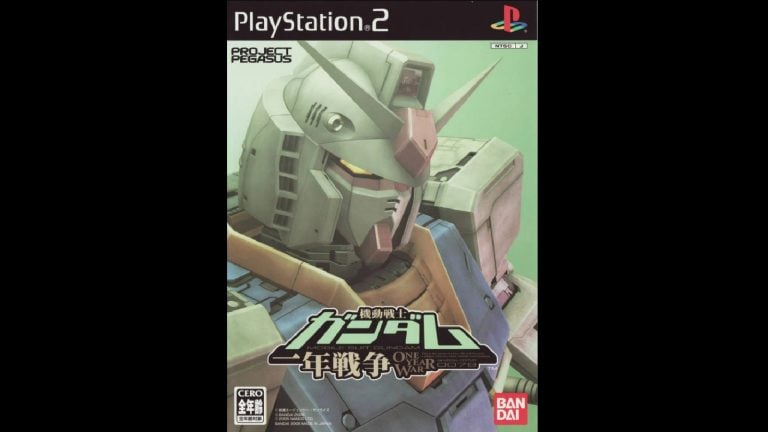The Legend of Zelda: Tears of the Kingdom sold over 10 million copies worldwide in the first three days following its release on May 12. Even now, weeks later, the excitement surrounding the game on social media has shown no indication of slowing down.
When reading the impressions that players have about the game, it became apparent that many were of the opinion that Tears of the Kingdom is similar to Elden Ring. As a huge FromSoftware fan, I (the original author of this article) have naturally spent a great deal of time playing Elden Ring. And when I first jumped into the world of Tears of the Kingdom, I also thought to myself, “Wow, this feels like Elden Ring!”
But then I thought more about it and began to ask myself, “Wait, is the game truly similar to Elden Ring?” In this article, I would like to convey my own opinions on this topic, and hope that you will join me in thinking about various aspects of Tears of the Kingdom.
Please note that this article may contain spoilers for the early sections of Tears of the Kingdom.
Tears of the Kingdom’s Depths are reaaally like Elden Ring!
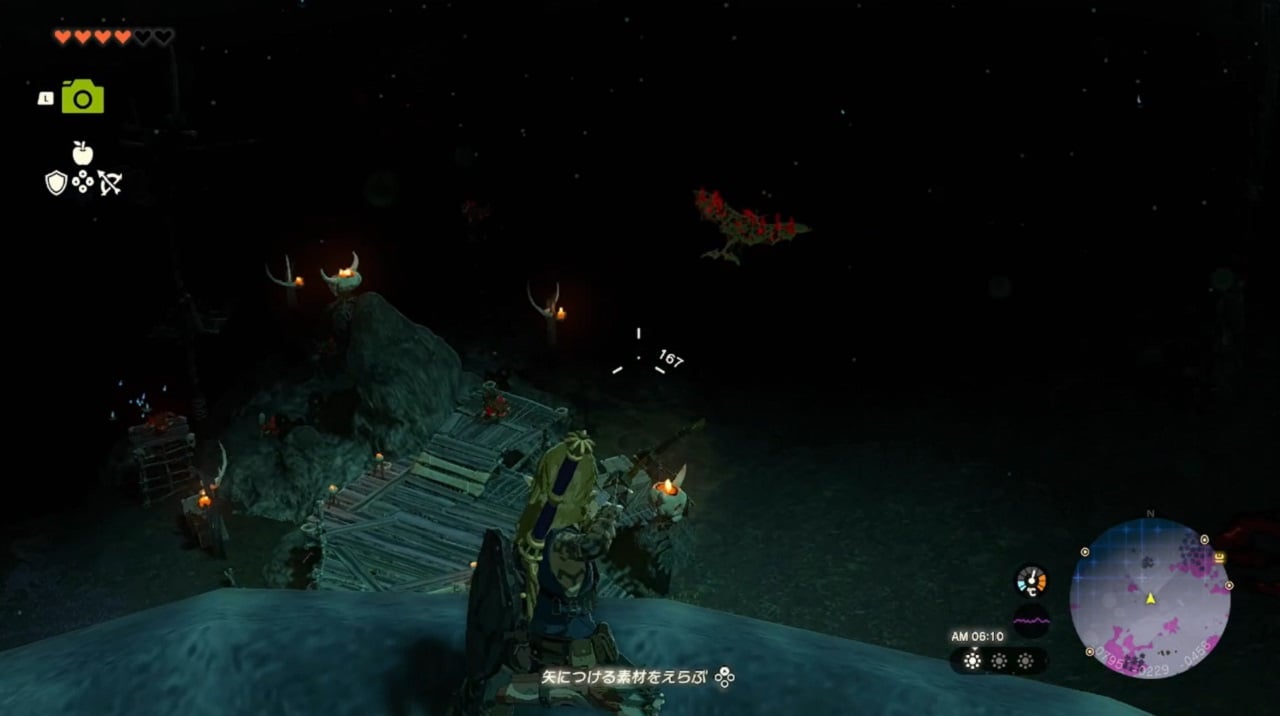
“It’s huuuge! This is just like Elden Ring!” I exclaimed when first descending to the underground region of Hyrule via a massive hole. To be honest, I plunged down into the hole expecting to be met with only a large cavern, but what I actually saw before me was a vast underground world on a scale comparable to Hyrule’s surface. The strong emotions and astonishment that I felt when finding a massive underground location beyond what I had imagined certainly brought back memories of the first time I ventured to the underground world in Elden Ring.
Wait a sec… Maybe the Depths aren’t all that similar to Elden Ring
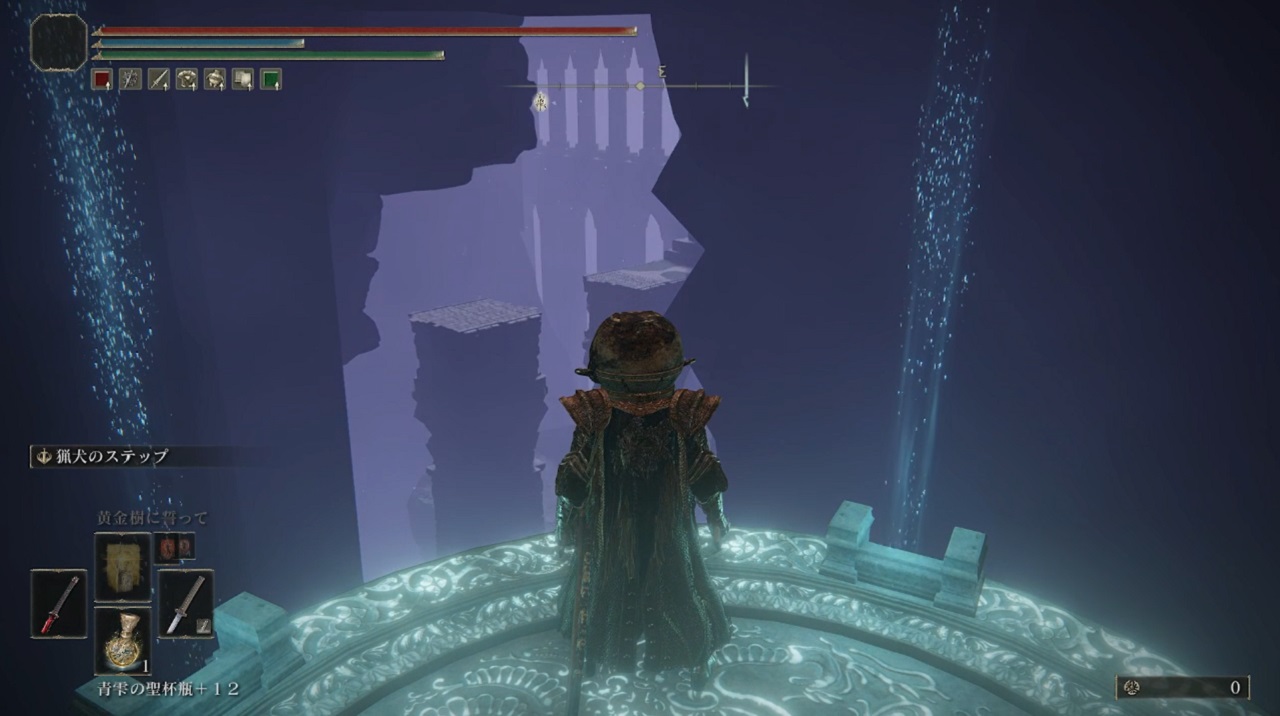
Even so, a short while after I had begun to explore the Depths, I clearly understood how they differed from Elden Ring. The gameplay in Elden Ring’s underground section is simply an extension of what you do above ground. On the other hand, exploring the Depths in Tears of the Kingdom involves using light sources while fumbling around in the darkness. It’s not a discussion about which style is good or bad; the nature of the gameplay itself differs.
However, the underground locations of both games are definitely similar in that they can be described as otherworldly locations on a surprisingly large scale. Nevertheless, I love the massive open areas found deep underground!
Man, these enemies are tough… Now, that’s like Elden Ring!
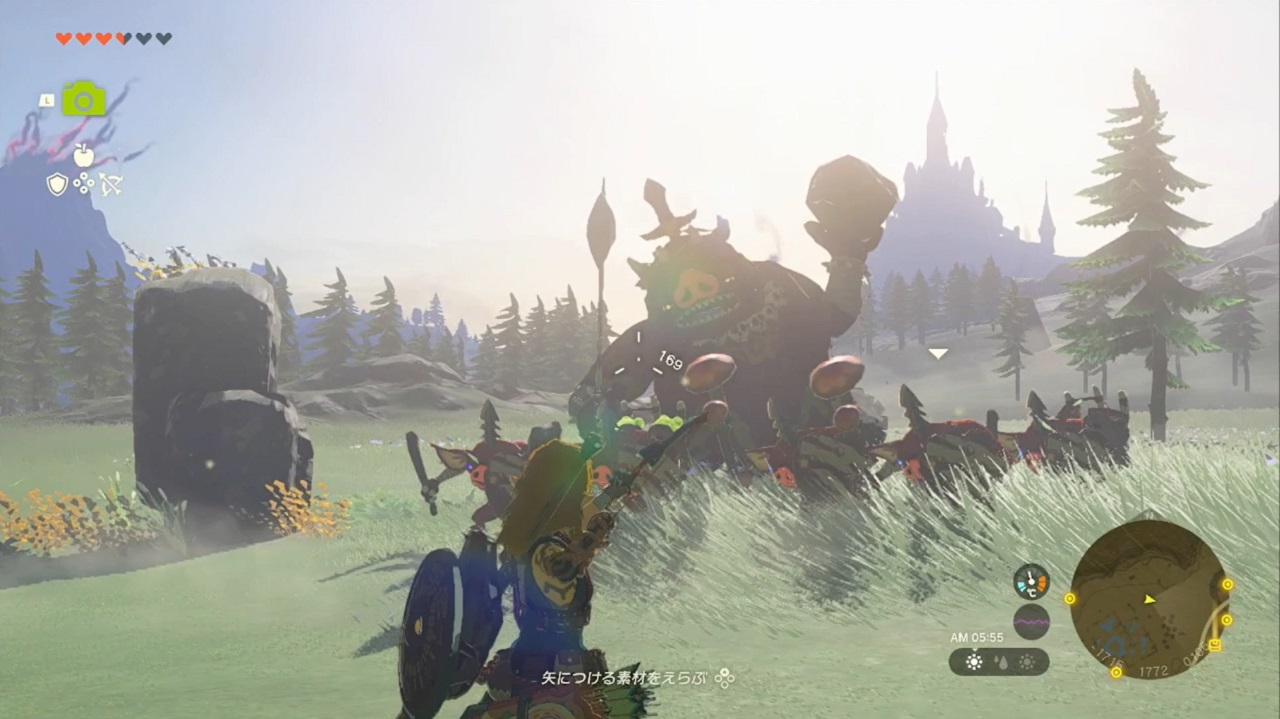
One point that players often bring up when comparing Tears of the Kingdom to Elden Ring is the combat difficulty. For example, you can sometimes see players saying things like, “The enemy attacks hit so hard!” or “If you get careless, you’ll be killed instantly.”
There are indeed a lot of tough enemies in Tears of the Kingdom, and combat as a whole is much more difficult than it was in Breath of the Wild. The game even includes similar combat mechanics to Elden Ring, like a parry.
When coming across powerful foes wandering around with underlings in tow or giant enemies sleeping atop bridges, I would shout, “Just like Elden Ring!”
A different kind of “difficult”
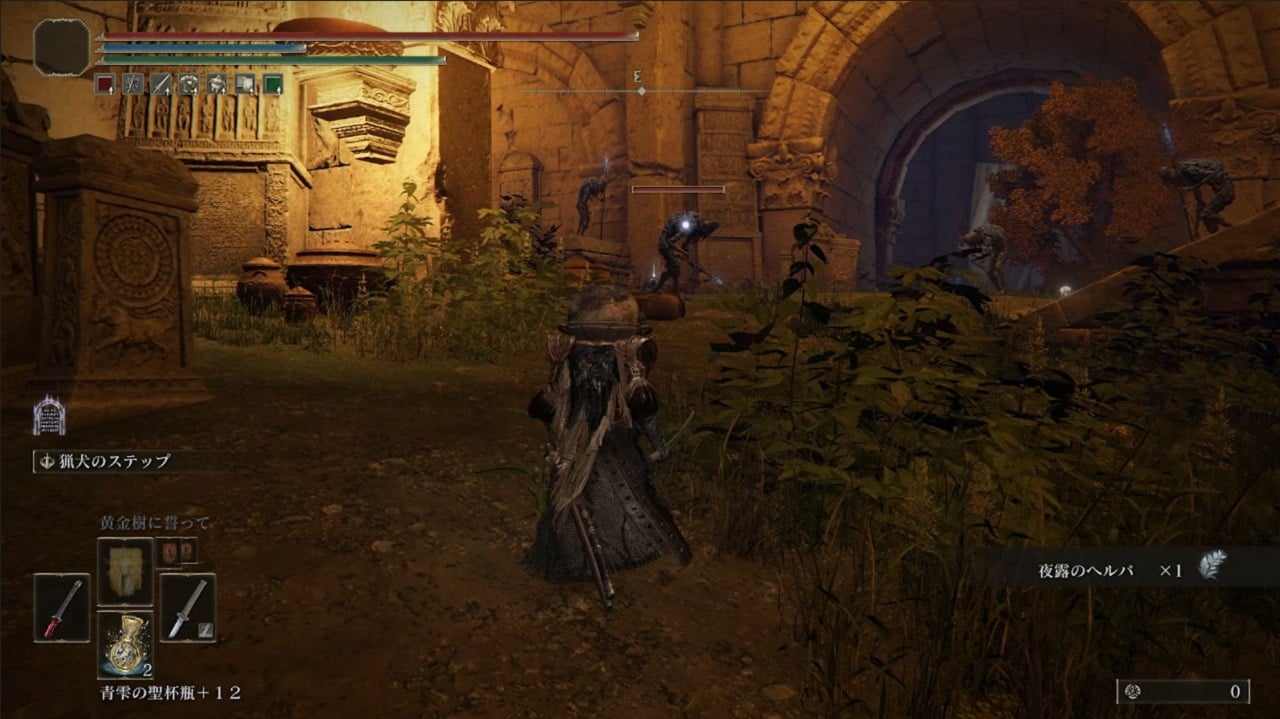
For the most part, you tackle enemies head-on in Elden Ring, and the game design sees powerful opponents acting as obstacles that must be overcome in order to progress. In contrast, Tears of the Kingdom gives players a plethora of options in how they choose to deal with enemies. When faced with a giant enemy, you can take a detour around it, defeat it with a bomb, build a machine to take it down, or more. There are also very few bosses that you are required to defeat throughout the course of the game’s story. Again, this is not a matter of good or bad but simply a different choice in game design.
But what remains curious is that there are some players who feel that Tears of the Kingdom is more difficult than Breath of the Wild. I also feel this way and I think the developers decided to increase the difficulty in the new game because players now have so many more options in combat thanks to Link’s new abilities and Zonai Devices.
Tears of the Kingdom’s Fuse ability allows players to combine strong weapons to create something even more powerful. You can also take a different approach to combat, using Zonai Devices to build slaughter machines and letting them loose on groups of enemies. You can think of it as being able to convert creativity into combat prowess. I believe that the difficulty of the game was balanced with the existence of these abilities in mind.
Tears of the Kingdom is a mirror that reflects the player’s tastes
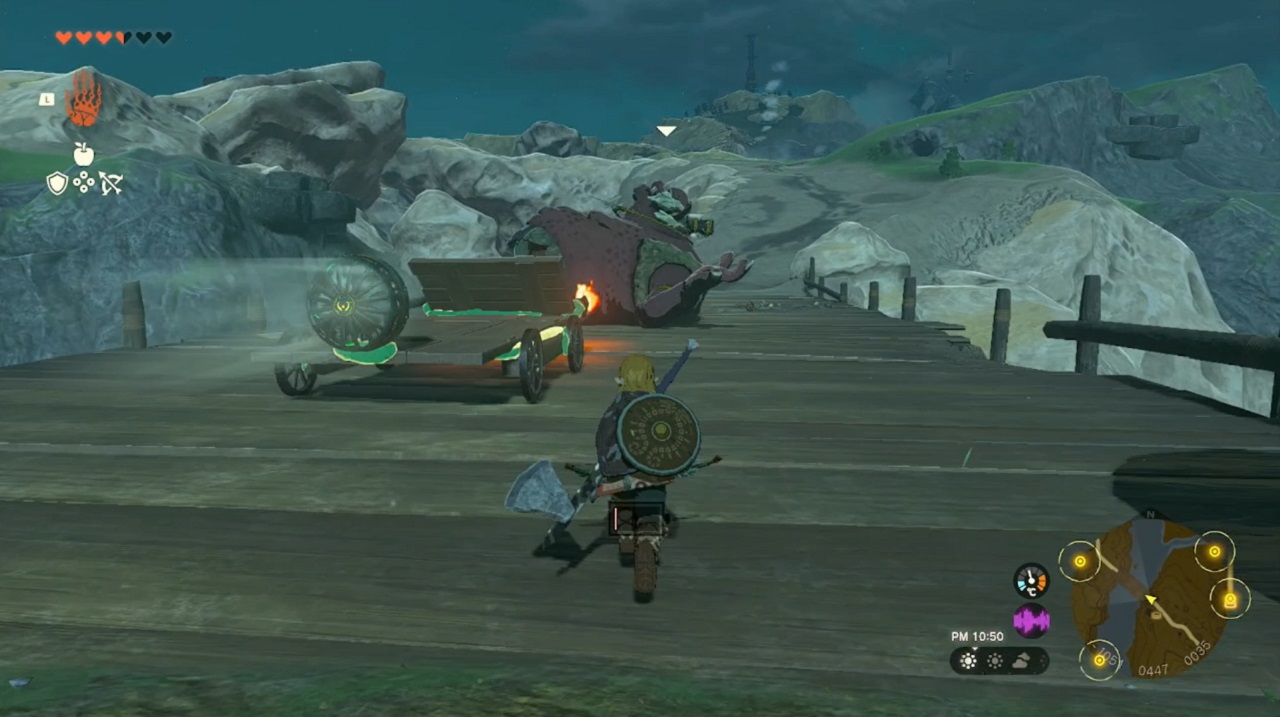
Some players are of the opposite opinion and believe that Tears of the Kingdom and Elden Ring are not similar at all. Another writer here at AUTOMATON, Junichi Matsui, also shares this view.
Matsui was very well accustomed to the difficulty in Breath of the Wild thanks to putting so much time into the game, and he didn’t feel as though Tears of the Kingdom was hard. He also never thought to compare the difficulty to Elden Ring—the games that crossed his mind instead were titles like physics-based building game Besiege and sandbox game Garry’s Mod.
In other words, whether Tears of the Kingdom feels highly difficult or not is something that depends on the player. It’s also up to players how they approach enemies, whether taking them head-on, using machines against them, or avoiding them altogether. Depending on the personality and preferences of each player, some may feel that the game’s difficulty is reminiscent of Elden Ring, while completely different games will come to mind for others. In this way, Tears of the Kingdom is not unlike a mirror that reflects the player’s tastes.
Of course, when you dig into the structure of open world games, like map design that intuitively guides the player or the way rewards are distributed, there are naturally some aspects of the methodology of each game that are similar. What is certain is that, although the games have different concepts and themes, they are both elaborately crafted masterpieces. You may find that searching for traits held in common between the two is, in and of itself, an interesting way to enjoy them.
Translated by. Marco Farinaccia based on a script written for AUTOMATON JP’s YouTube video

